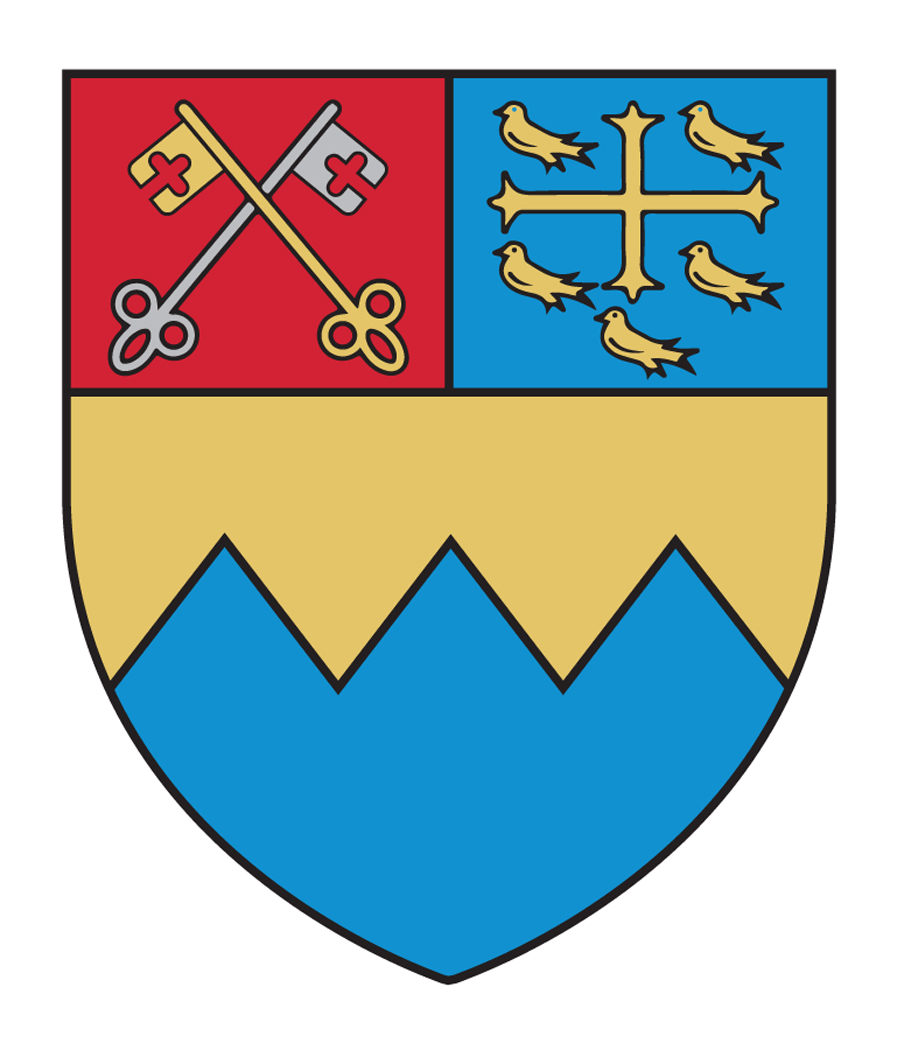
At the beginning of this evening’s Gospel, there come these words, from the Gospel according to John: ‘It was before the Passover, and Jesus knew that the hour had come for him to pass from this world to the Father. He had always loved those who were his in the world, but now he showed how perfect his love was.’
A first question might be how did he show this perfect love? And of course immediately the answer is surprising. He shows his perfect love first by giving his disciples, and beyond them the Church, that is us, his body and blood under the figures of bread and wine: a most astonishing and extraordinary gift, challenging and baffling our frail human understanding, a most unexpected gift of love. One thinks of the wonderful medieval legend of the pious pelican: the pelican was thought to be particularly attentive to her young, to the point of providing her own blood by wounding her own breast when no other food was available. As a result, the pelican, this holy mother’s love, came to symbolize the passion of Jesus and the Eucharist. In a most bold move Mother Julian, the medieval mystic, referred to Jesus at least once in her revelations as ‘our mother.’
As tonight’s gospel continues, however and as we will later enact, there is an equally remarkable and strange sign in Jesus’ washing of the feet of his disciples. Peter of course demurs ‘You shall never wash my feet.’ But Jesus insists: ‘You call me Master and Lord, and rightly: so I am.’ But if I your Lord and Master have washed your feet, you should wash each other’s feet. As we know from the Rule of St Benedict in the ancient world, the washing of the feet is a powerful sign of hospitality but also a servile one. The Christus factus est will be sung several times tomorrow and on Saturday from Philippians chapter 2; it is a beautiful passage and do read the passage in full. Particularly because we will not sing the key verse which connects with our celebration tonight ‘he emptied himself, taking the form of a slave, being born in human likeness. And being found in human form, he humbled himself and became obedient to…death, even death on a cross.’ (NRSV translation rather than the Mass translation). The pious pelican was a symbol of the Eucharist and also of the Passion.
So here are two indications of Jesus’ perfect love. But then there is a second question. To whom does Jesus show his perfect love? In the phrase from the beginning of tonight’s Gospel we have this answer ‘he had always loved those who were his [own] in the world.’ He had always loved his own, but who willhe love? Just after tonight’s gospel in St John there is a passage which introduces a most mysterious figure, the disciple that Jesus loved, the beloved disciple. We will meet him again at the foot of the Cross tomorrow and on Sunday in the garden of the Resurrection.
Who is he and why suddenly this strange anonymous circumlocution? It is of course widely agreed that this is a reference to John himself, the son of Zebedee, the son of Thunder, who it is believed is himself the author of the Fourth Gospel. Let this be. But obviously I, like many another, would say the anonymous circumlocution here is for a purpose; the phrase at the risk of cheapening it, I hope not unbearably, sounds like a ‘job advert’. And if so, do you dare to apply? Dare you be the person Jesus loves and so be drawn into this story, into this last supper? In this name I think is fulfilled the prophecy of the great paschal psalm, 117 in the Vulgate numbering, 118 in modern versions ‘This is the Lord’s own gate where the just may enter. I will thank you for you have answered and you are my saviour’. This phrase ‘the disciple Jesus loved’ is a sacred gate drawing us into the text enabling us too to become holy disciples of the Lord.
Dare you apply? But you want to reply, as do I ‘ah no Lord’ ‘you shall never wash my feet’. What about my sins? What about my terrible spiritual ugliness, maybe I am one of the others, one of the others who will run away tomorrow, but how can I be the disciple you love?
To this the most terrible of gnawing doubts in the life of faith, Jesus replies in these words from the Passiontide hymn: ‘My song is love unknown, My Saviour’s love to me; Love to the loveless shown, That they might lovely be. O who am I, That for my sake, My Lord should take, Frail flesh, and die?’
Now finally I must be honest and say that I have had an inspiration for this homily; it is the poem ‘Love’ by George Herbert; many will know it well, but here it is; it has always seemed to me the epitome of a Maundy hymn:
Love bade me welcome. Yet my soul drew back, Guilty of dust and sin.
But quick-eyed Love, observing me grow slack, From my first entrance in,
Drew nearer to me, sweetly questioning, If I lacked any thing.
A guest, I answered, worthy to be here: Love said, You shall be he.
I the unkind, ungrateful? Ah my dear, I cannot look on thee. Love took my hand, and smiling did reply, Who made the eyes but I?
Truth Lord, but I have marred them: let my shame, Go where it doth deserve.
And know you not, says Love, who bore the blame? My dear, then I will serve.
You must sit down, says Love, and taste my meat: So I did sit and eat.


